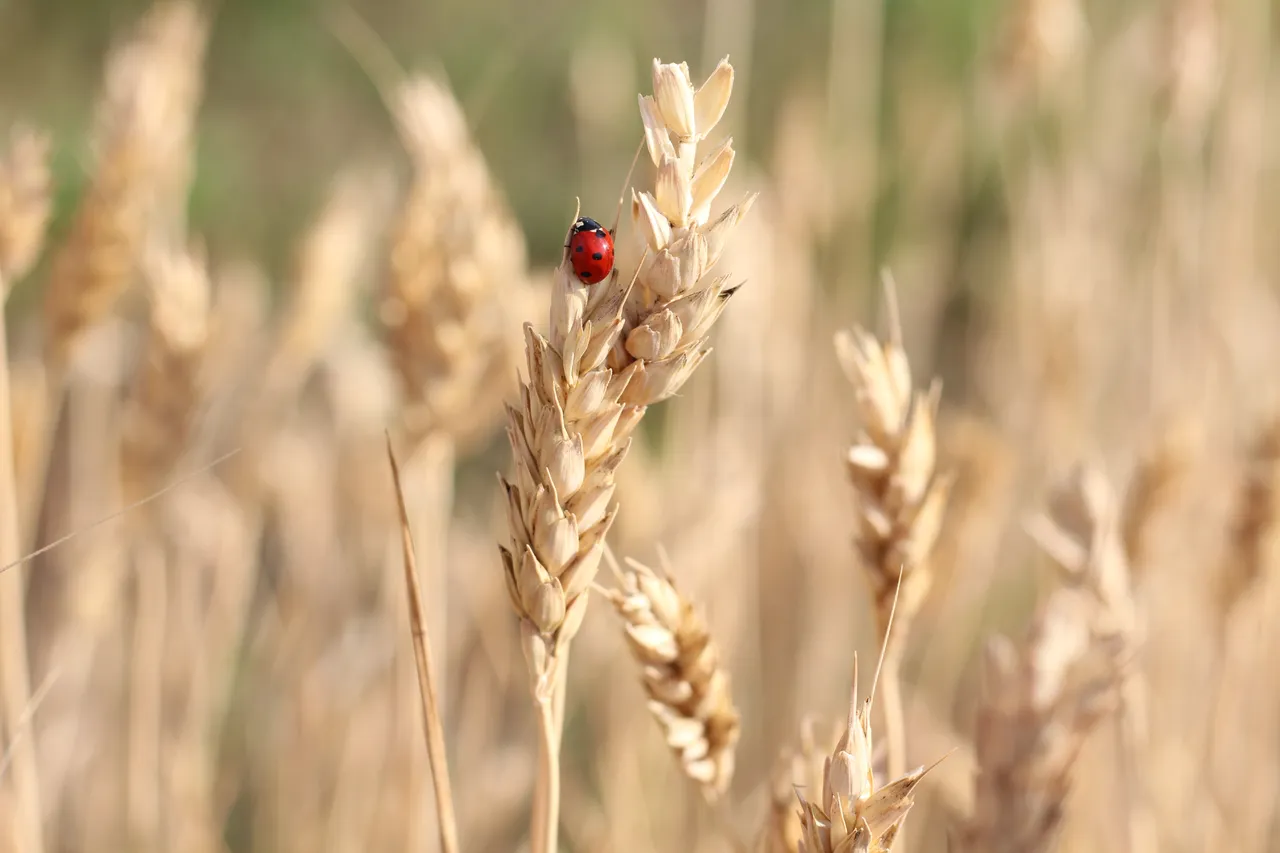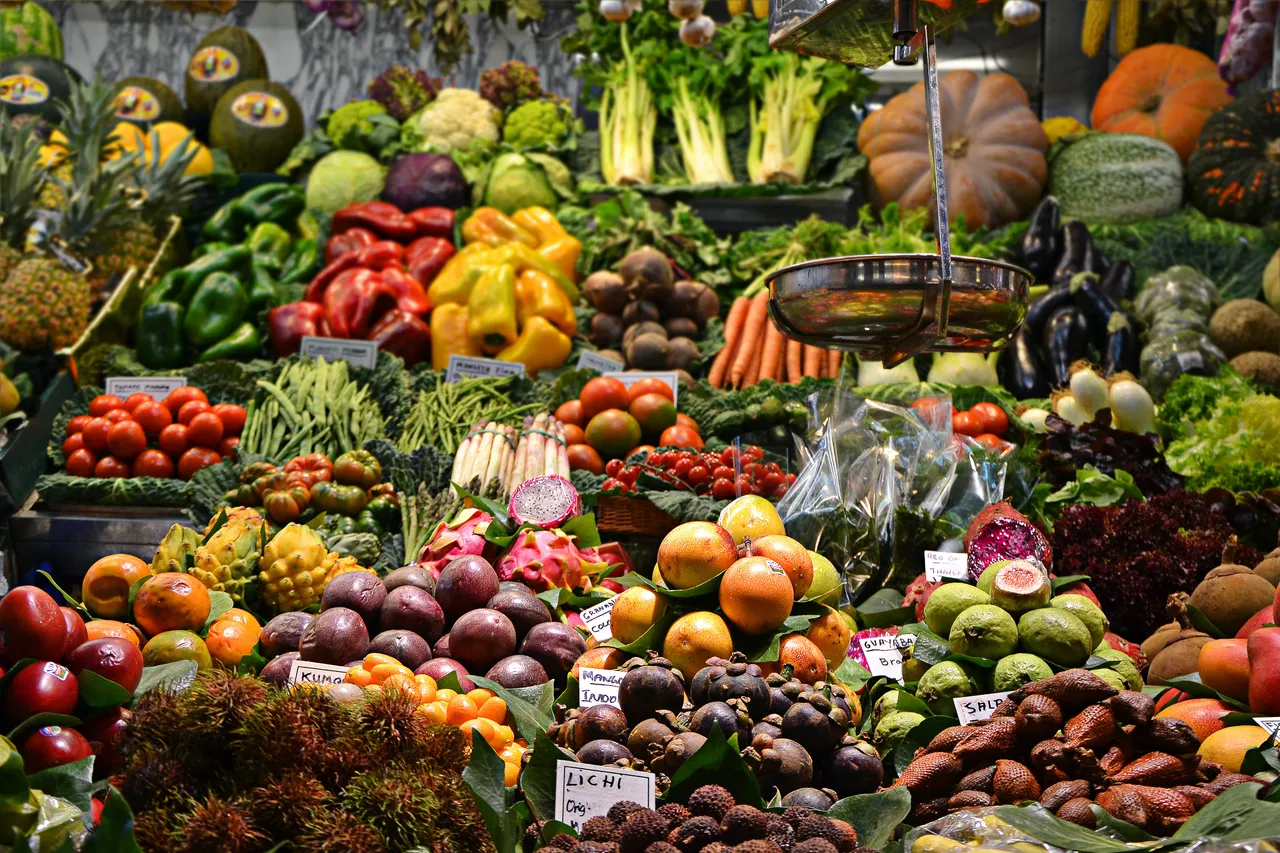Over the last 3 weeks I have been doing a deep dive into the wonderful world of the gut microbiome. And by dive I don't mean I've been swimming around in digestive juices, human cells or bile 😆 I mean I've been working my way through hours and hours of educational content by experts in this field to better understand my own gut health.
It turns out that we have approximately 38 trillion (yes, trillion with a 't') microbes in our gut. Microbes include bacteria, viruses, parasites, fungi and a bunch of other microscopic bugs. The overall population is most "good" (read: helpful) but there are some "bad" guys in there too (read: harmful to us). This collection of bugs can accurately be described as a living "ecosystem" as real and amazing as a dense rainforest anywhere else in the world - but on a microscopic level.
But back to the point of this post: How important are these microbes?
Absolutely and totally essential. We are living a symbiotic relationship with them and we wouldn't exist without them.
Definition: A symbiotic relationship is one in which organisms, people, or things exist together in a way that benefits them all. Source
In the last few weeks I've learned so many new things I feel like my head is going to explode. 🤯 I'll probably end up writing several posts over the coming months on this same topic but for now, here are the things I'm trying to wrap my head around:
The diversity of microbes ("bugs") in our gut determines how healthy we are. More diversity = more health.
Our microbes are constantly communicating with and teaching our immune system how to deal with incoming viruses, like Covid19. The better our gut functions, the better it can protect us from getting sick in the first place. Or if we do catch this virus, it can help prevent us from getting really scary sick.
Most people in wealthy countries have some degree of dysbiosis (damage to gut microbiome) and would do well to focus on increasing the diversity of plants they eat in their every day diet.
Dysbiosis causes inflammation. Inflammation is at the root of, and/or is a major driver of, a ridiculous number of health conditions including cardio-vascular disease, several types of cancer, mood disorders including anxiety and depression, auto immune conditions and a number of respiratory conditions (as well as many, many others).
While the genes we were born with do play a role in the likelihood of us developing certain diseases or disorders, the lifestyle choices we make and especially the food we eat arguably make a much, much larger difference to our overall health in almost all cases.
So, in summary: We have more power to positively impact our health than we once realised.
The foods we put in our mouth can harm us or heal us. And while it's easy to become addicted to sugar-filled foods as well as salty and oily foods, they are hurting us more than we might like to admit. Meanwhile, a diversity of plant foods will lead to a diversity of gut microbes, and a healthy internal ecosystem equals a much healthier human.
So I, for one, am focused right now on increasing the number of different plant foods I'm eating. I'm turning it into a game to see how many I can eat in a week. So far I've gone from an estimated 15-20 plant types eaten per week to about 50 😍
Now, to keep it up!
So, how about you? Do you prioritise eating a wide variety of plant foods? Or is this information all new to you?
Tell me in the comments. I'd love to hear about your experiences as I embark on this new journey with food!




